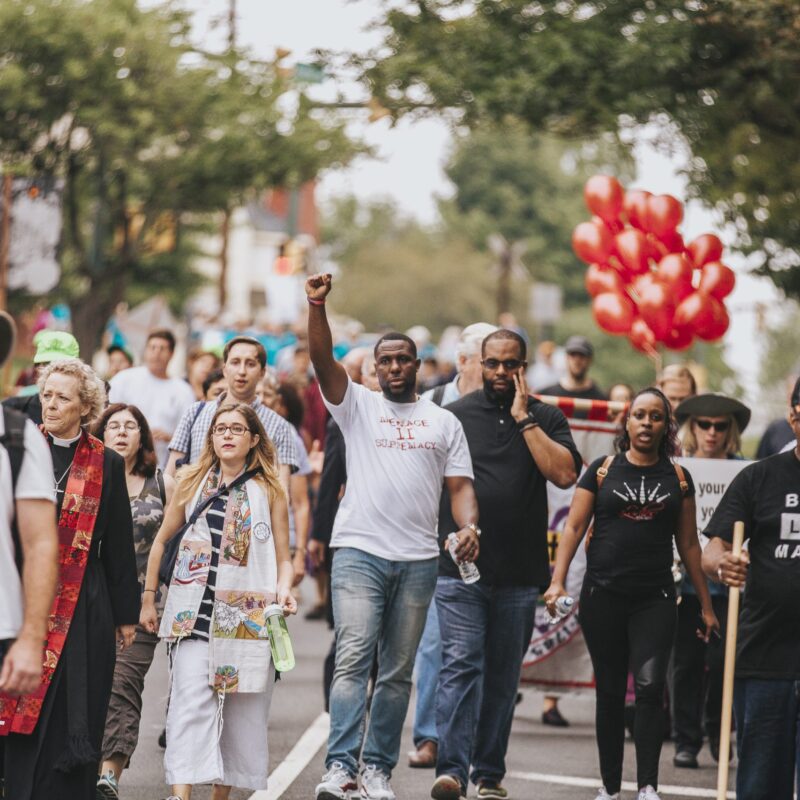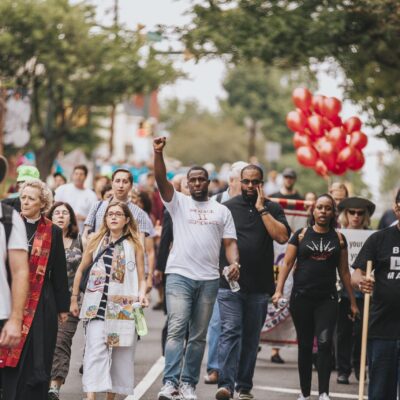|
|
Outrage within the UVA community over the sudden and still poorly understood resignation of University President Teresa Sullivan is building to a head this week, and the Board of Visitors is bearing the brunt of the anger over the secret ouster. As details of the behind-the-scenes decision to push out the president trickle out, some are saying the Board will reap what it sows.
More than a week after UVA Rector and head of the Board Helen Dragas announced the president’s resignation via e-mail, the timeline of the campaign to unseat Sullivan has started to come together. What’s still not clear is who knew what when—and that raises some sticky legal questions.
For the latest on this story, visit our This Just In blog…Zeithaml named interim President
University spokeswoman Carol Wood told reporters last week that Dragas had spoken with each individual member of the Board of Visitors and “had their full support” before telling Sullivan she was out. Speaking through Wood, Dragas stuck by that statement, even after a Thursday Washington Post story reporterd at least three members—A. Macdonald Caputo, Heywood Fralin, and Vincent Mastracco—were kept in the dark until shortly before Sullivan herself was told she was out.
It’s the acknowledgement that Dragas took a piecemeal approach to her campaign that’s at the heart of the anger over Sullivan’s departure. Many say it’s a blatant violation of the spirit, if not the letter, of the Freedom of Information Act.
Virginia’s FOIA is set up to push proceedings into the light of day. Any gathering of a body’s members that meets a quorum—in the case of the Board of Visitors, it’s five people—requires public notice and an agenda. Certain discussions and actions, including those about personnel, can take place behind closed doors, but the governing body must still call the meeting publicly.
And by the Rector’s own admission, that’s exactly what didn’t happen at UVA. By speaking with her Board one-on-one, Dragas avoided the need to call a meeting.
According to open government experts, though, the Board’s actions on that front weren’t illegal.
“The Board was quite careful in dotting the ‘i’s and crossing the ‘t’s,” said Robert O’Neil, who served as UVA president from 1985 to 1990. O’Neil is uniquely qualified to weigh in: Not only did he step down from his presidency after a historically short term found him at odds with the Board, he’s also a renowned First Amendment scholar and was the first president of the Virginia Coalition for Open Government, a nonprofit watchdog group.
Megan Rhyne, the Coalition’s associate director, said a recent Virginia Supreme Court decision removes more ambiguity. On June 7, the court reaffirmed an earlier ruling that said e-mail communications—even group messages that specifically get at issues of public governance—aren’t considered meetings under the FOIA. So if Dragas orchestrated her consensus-building via online messages, Rhyne said, it’s O.K. in the eyes of the state.
But that doesn’t mean the secrecy was wise, she said. “That kind of sudden decision is always going to raise questions, and it’s always going to fuel rumors and speculation,” said Rhyne. At that point, appearing transparent becomes a matter of self-preservation.
In the week that followed Sullivan’s surprise resignation, nobody privy to the decision to force her out has offered a detailed, on-the-record explanation, and rumors have indeed been flying in the information vacuum. Unsourced media reports have fueled speculation that key UVA donor Paul Tudor Jones II pushed for Sullivan to get the ax, that Governor McDonnell was in on the scheme, and that Sullivan’s refusal to sign on to a lucrative deal to privatize an online degree program was her undoing.
The closest thing the public and press have had to a candid, attributable take on the reasons for Sullivan’s departure came from then-chair of the Darden School Foundation, Peter Kiernan, who on Monday advertised his role in an e-mail accidentally sent to a much wider audience than intended.
Kiernan told his fellow Foundation trustees that the discussion about how to dump Sullivan had been going on for weeks, and that the Board felt Sullivan couldn’t make tough decisions about finances and technology, and that she wasn’t able to embrace “strategic dynamism”—Wall Street-speak for rapid-fire fiscal management.
Kiernan suffered for his candor. Just days after his e-mail went public, he resigned from the Darden Foundation board, apologizing for “further complicating the already difficult situation.”
Dragas’ top-down approach to governance is a deviation from her own recently stated philosophy as rector. In March, Virginia Business Magazine ran an interview in which the rector was pressed to define her role at the University. Was being the Board’s CEO similar to running her development company?
“I don’t consider myself the chief executive of UVA,” she replied. “The academic environment is one of shared governance, which is quite different than running a for-profit company. I recognize that, and I try to honor that.”
Rhyne said the Board’s lack of transparency has shifted scrutiny from the decision to the deciders. “When there is no real disclosure, then the debate becomes the lack of disclosure,” she said. And at a public institution, everybody has a reason to care. “It does have an impact on all of us,” she said, “even if the decision was the right one.”
/Sullivan.jpg)





